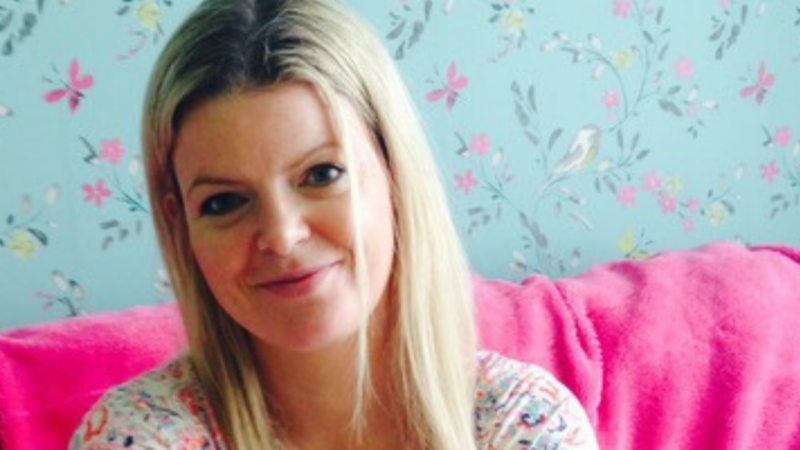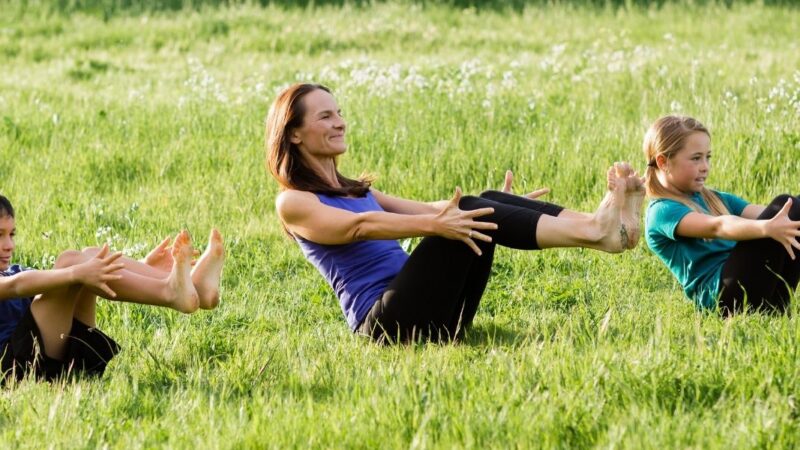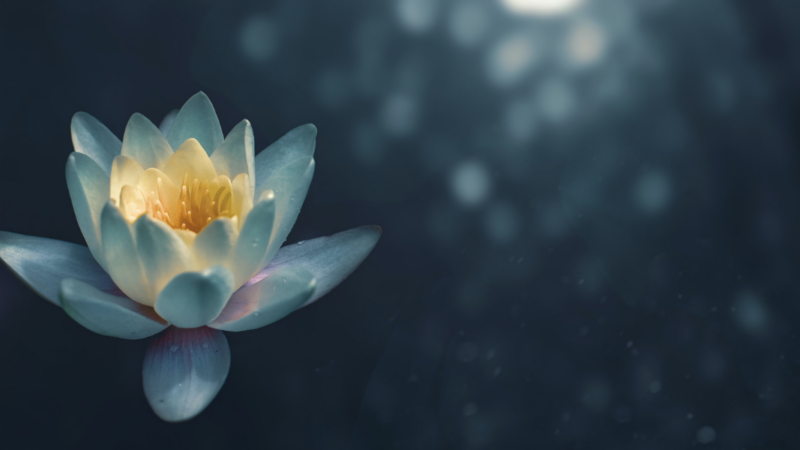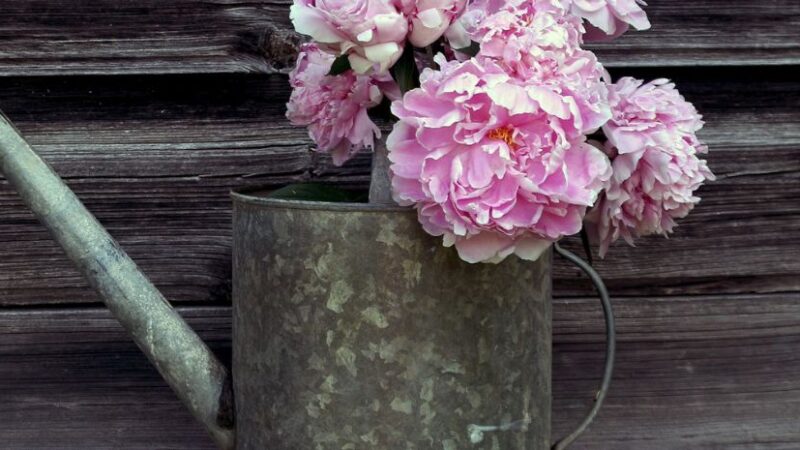-
E117: The Real Work: Letting Go from Within
Michael Singer — October 2, 2025
True spirituality isn’t about mystical experiences or lofty ideals—it’s about honestly facing...
-
Once More: Reflections on Reincarnation and the Gap Between Lives
Tami Simon — September 26, 2025
In this special reflection episode of Insights at the Edge host Tami Simon looks back on her...
-
Honey Tasting Meditation: Build Your Relationship with Sweetness
There is a saying that goes “hurt people hurt people.” I believe this to be true. We have been...
Written by:
Amy Burtaine, Michelle Cassandra Johnson
-
Many Voices, One Journey
The Sounds True Blog
Insights, reflections, and practices from Sounds True teachers, authors, staff, and more. Have a look—to find some inspiration and wisdom for uplifting your day.
Standing Together, and Stepping Up
Written By:
Tami Simon -
The Michael Singer Podcast
Your Highest Intention: Self-Realization
Michael Singer discusses intention—"perhaps the deepest thing we can talk about"—and the path to self-realization.
This Week:
E116: Doing the Best You Can: The Path to Liberation -
Many Voices, One Journey
The Sounds True Blog
Insights, reflections, and practices from Sounds True teachers, authors, staff, and more. Have a look—to find some inspiration and wisdom for uplifting your day.
Take Your Inner Child on Playdates
Written By:
Megan Sherer
600 Podcasts and Counting...
Subscribe to Insights at the Edge to hear all of Tami's interviews (transcripts available, too!), featuring Eckhart Tolle, Caroline Myss, Tara Brach, Jack Kornfield, Adyashanti, and many more.
Most Recent
Meet Hello, Moon! Children’s book author Sarah J Hin...
The Author
Sarah Jane Hinder is a yoga and mindfulness teacher and the illustrator of several bestselling children’s picture books, including Good Night Yoga and Good Morning Yoga. She is also the author and illustrator of Hello, Sun! and the bestselling yoga board book series that includes Yoga Bug, Yoga Bear, Yoga Whale, and Yoga Bunny for children. Sarah lives in Manchester, England. For more information, visit sarahjanehinder.com.
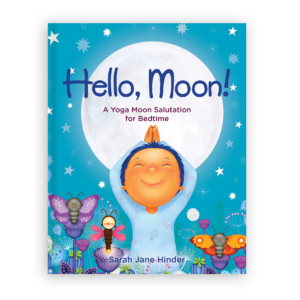 The Book
The Book
Whimsical and playful, Hello, Moon! is both a celebration of the night sky and an introduction to the joys of yoga, teaching children ages 4–8 to breathe, stretch, and relax through yoga poses to wind down at the end of the day.
What was your favorite book as a child?
Alice in Wonderland, written by Lewis Carroll and illustrated by John Tenniel, has to be my favorite book as a child. I loved how the White Rabbit was always late, the hilarious Mad Hatter’s tea party, and how Alice would grow and shrink by eating the Caterpillar’s toadstool.
I loved that Alice was brave and strong, overcoming her fears and solving problems by herself. She meets so many wonderful creatures throughout her imaginative and fantastical journey. I used to dream about meeting the Caterpillar and the Cheshire Cat and always wanted to save the Dormouse from the teapot. I love a story where the character grows (literally) and learns from her experiences.
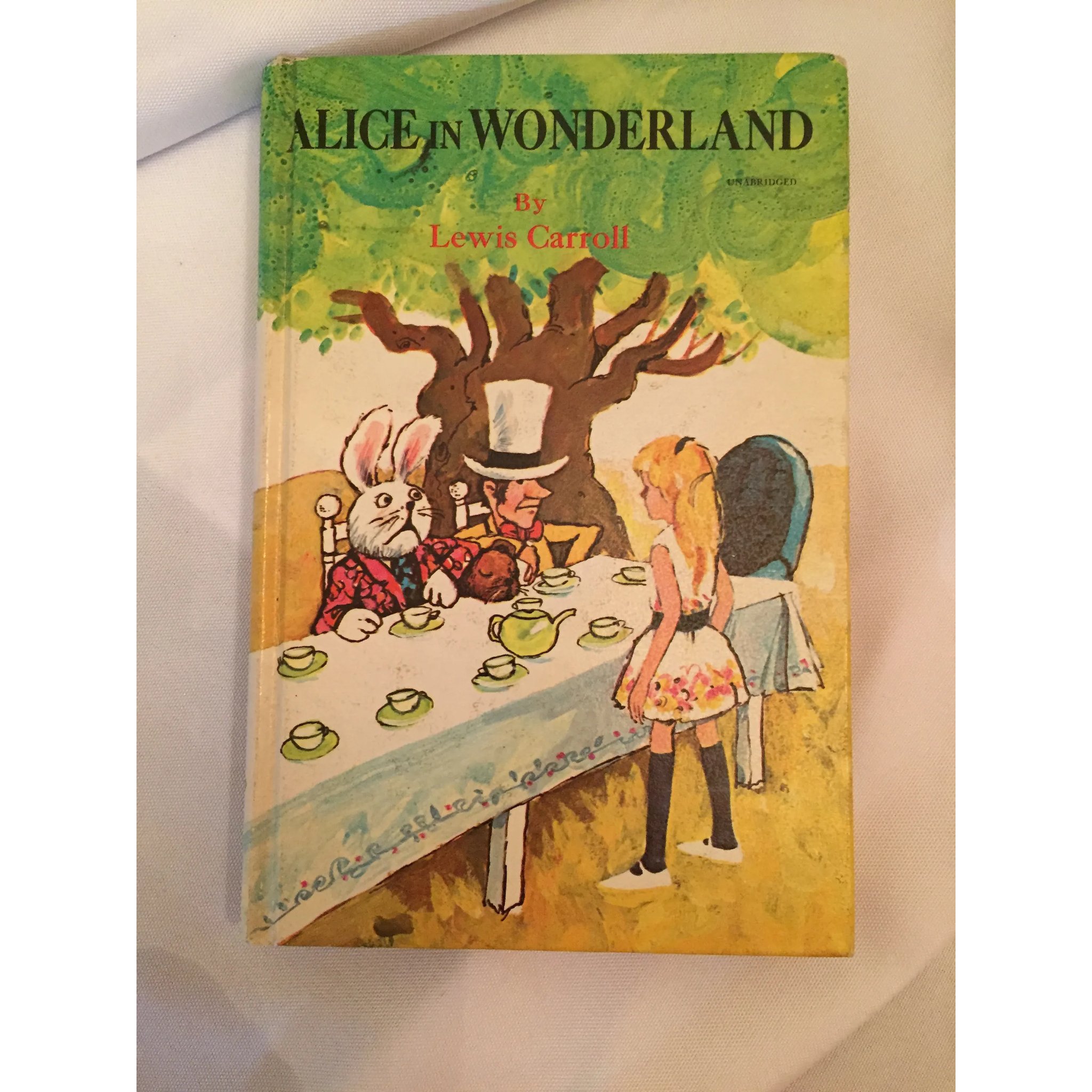
Send us a photo of you and your pet, and let us know if your pet had any role in helping you write your book!
I have two Chihuahuas, who are my artist’s assistants, Paul and Alice. They are always by my side, in front of my face, or standing on my artwork or laptop.
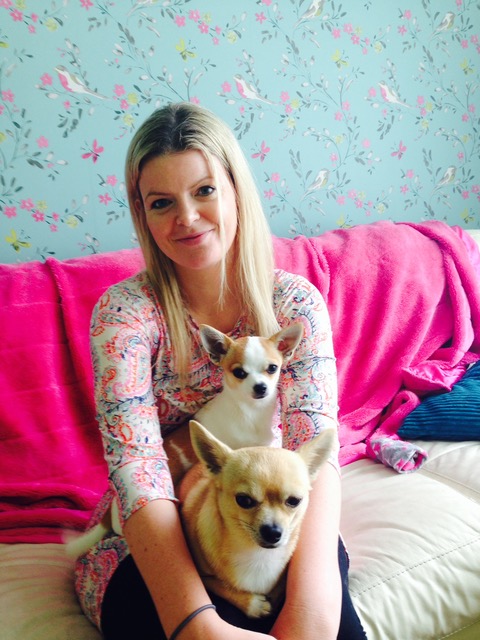
Paul has actually been a co-illustrator on one of my book covers, Good Night Yoga.
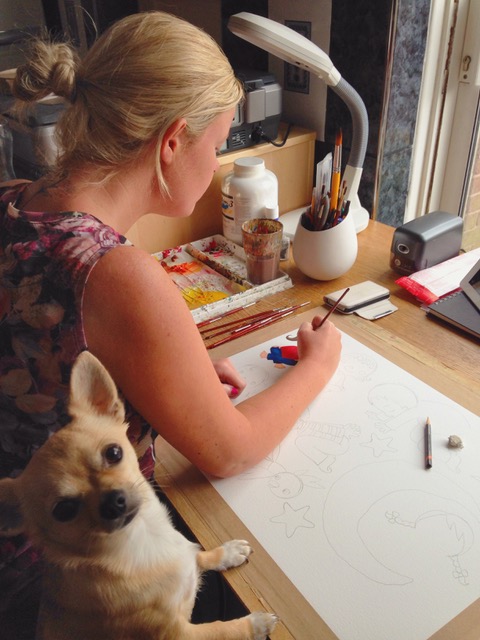
When my art was propped against the wall, Paul decided to put his paw in my paint palette. He then trotted over to my illustration and pawed paint over it. He likes to get involved, much to my dismay! They also both love to join me during Savasana by standing on my chest and giving me lots of kisses.
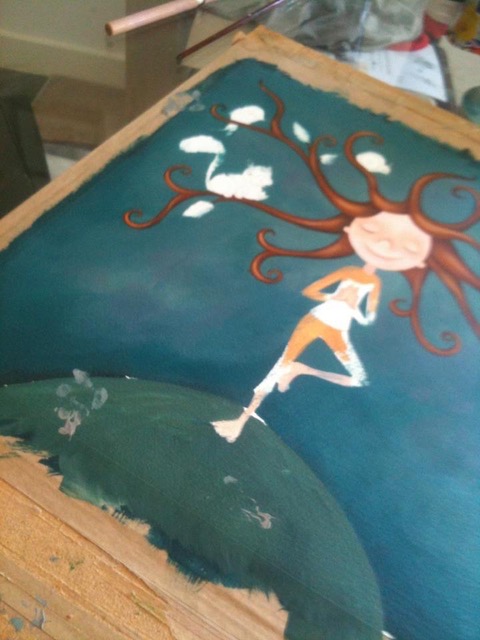
Has your book taken on a new meaning in the world’s current circumstances? Is there anything you would have included in your book if you were writing it now?
There has been more awareness of the importance of mental health in children since the pandemic. Social connection is very important, especially in early childhood, yet children are being isolated from one another. Avoiding each other through fear greatly increases stress in a child.
Yoga and mindfulness can help children develop connections within themselves, using their mind, body, and breath to reduce levels of stress and anxiety.
Hello, Moon! delivers a gentle sequence of yoga poses, moon salutations, to calm and soothe the body before bedtime, a time when fears can appear.
When writing Hello, Moon!, I included a Moon Meditation; however, there wasn’t enough room within the 32 pages of a picture book to include it. I will be adding this as a free resource on my website as a bedtime companion to the picture book.

Learn More
Sounds True | Amazon | Barnes & Noble | IndieBound | Bookshop
Meet the Author of Good Morning Yoga
The Author
Mariam Gates holds a master’s degree in education from Harvard University and is the creator of Kid Power Yoga. She is the author of the bestselling Good Night Yoga and many other yoga-related books for children. Mariam’s favorite yoga pose is Tree. She lives in Northern California. For more, see mariamgates.com.
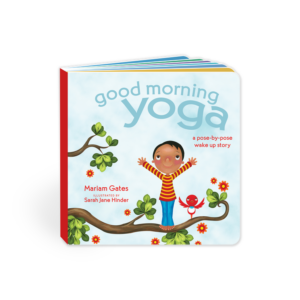
The Book
Good Morning Yoga is a board book version of the bestselling picture book. Targeted for the littlest yogis, ages 0–4, it is the perfect introduction to simple yoga poses at an early age, encouraging children to enjoy moving their bodies, using their imaginations, and learning a new skill.
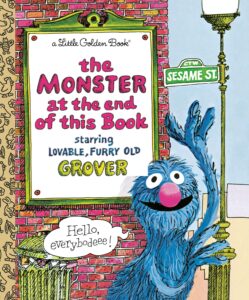
What was your favorite book as a child?
My absolute favorite book as a child was The Monster at the End of This Book by Jon Stone and illustrated by Michael Smollin. (Though on the cover, it really just gives credit to “lovable, furry old Grover.”)
It is the original “interactive” book. As a child, the fact that Grover was speaking directly to me, the reader, and that I was in on (and affecting) the progression of the story was nothing short of magical. It was my first experience of feeling amazed, surprised, and delighted by what could happen in the pages of a book—a feeling that has obviously never left.
All of my books are “interactive,” and my hope is that children feel that kind of connection and magic when they read them. I want young readers to be transported and to feel how each word and each image was created as a gift for them to enjoy.
Has your book taken on a new meaning in the world’s current circumstances? Is there anything you would have included in your book if you were writing it now?
I have loved hearing over the years about how teachers and parents incorporate Good Morning Yoga: A Pose-by-Pose Wake Up Story into morning meetings and family routines. But once we went into shelter-in-place in 2020, I started having daily and weekly emails and messages from people around the country. I’ve had the honor of hearing personal stories from teachers who are still using it, but now on Zoom, and parents who use the flow and the visualization at the end as transitions and breaks in their homeschooling schedules. In the midst of all of this separation, it has been an unbelievable gift to be connected to people through the book.
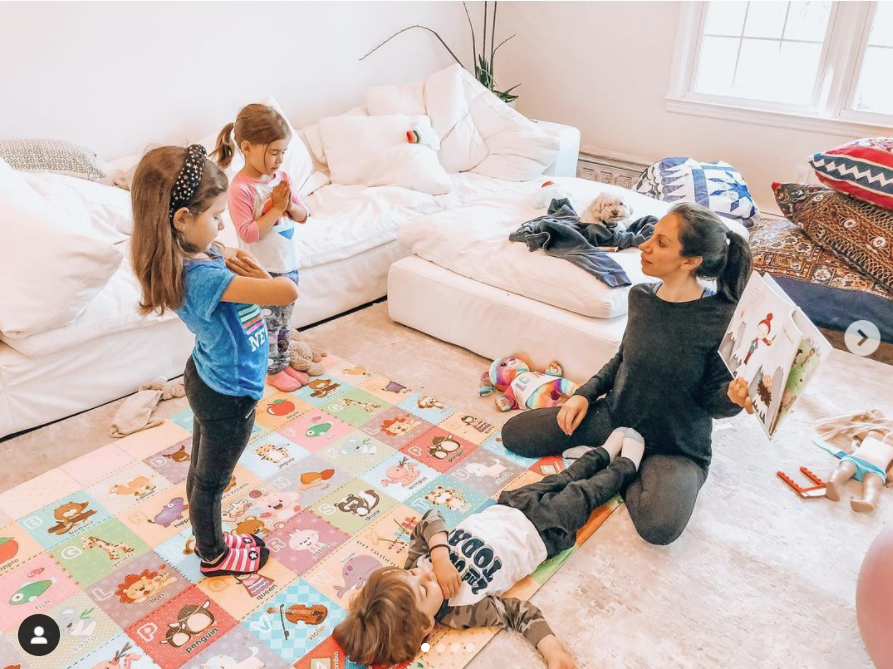
Photo courtesy of Misha Vayner
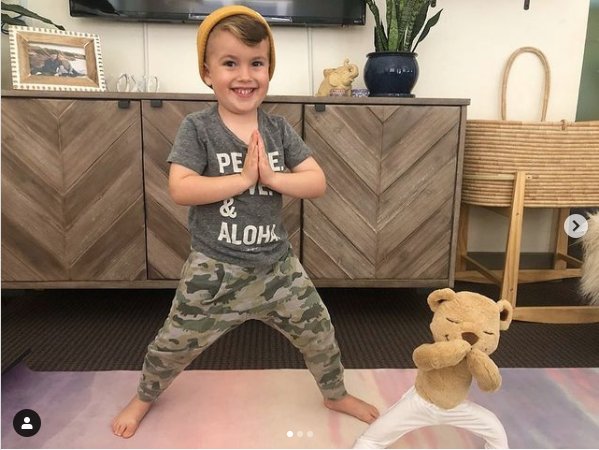
Photo courtesy of MOJA YOGA
What is something that doesn’t make it into your author bio?
In my 20s and 30s I was a hand model! It was an incredibly fun (and lucrative) job. I had always received compliments on my hands, so in graduate school, when I did not have time for a regular employment schedule, I started hand modeling on the side. 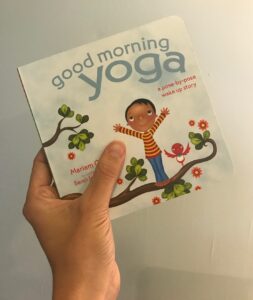
This was back when most things were done in person, so I made an appointment for an interview with Ford Modeling and brought in a set of “handshots.” They signed me on the spot, and I spent several years working in commercials and print.

Learn More
Sounds True | Amazon | Barnes & Noble | IndieBound | Bookshop
How Does Meditation Liberate Us?
MATTHIEU RICARD: In the beginning, our mind is very turbulent, so it is very difficult to complete an analytical meditation and to cultivate compassion, and it’s still more difficult to observe the nature of awareness. We just have to deal with a whirligig of thoughts. The first step, therefore, as we have seen, is to achieve a certain level of calm. We don’t do this by knocking out the mind the way we would knock somebody out with a stick; rather we give it a chance to become a little clearer, a little more stable.
That’s why most meditations begin with observation of the breath. It is at the same time practical (the breath is always there), simple (a constant movement of coming and going), and subtle (it’s invisible, and if we don’t pay attention, it disappears instantly from our perceptual field). It is, therefore, an excellent object for refining our attentional faculty. This simple training is not necessarily easy, however. We can even be discouraged at the beginning by seeing that “I have more thoughts now than I had before; meditation is not for me.” There are not necessarily more of the thoughts; rather we have begun to perceive what is going on, to be able to gauge the extent of the damages. However, like a waterfall turning into a mountain torrent, and then into a river, and finally a still lake, the mind calms down with time.
After a few weeks or even a few months, I can pass on to the next stage: “Now that I have a more flexible and accessible mind and can direct it like a well-trained horse, I can say to it: ‘Apply yourself to compassion.’” This sequence of progression should be respected, and it is of no use trying to skip ahead. If you try to meditate on compassion when your mind still won’t hold still, you won’t cultivate compassion; you’ll simply be distracted.
I can also ask myself, “In the end, who is meditating? The ego? Awareness?” I can analyze the nature of all that. In a more contemplative and direct fashion, I can deepen my questioning: “What is behind all these thoughts? Is it not awakened presence, the quality of pure awareness that is behind all mental events?” At that point, I begin to glimpse that which, underlying all thoughts, is always there like the unmoving sky behind the clouds. I can then let the mind rest in this pure awareness.
A Toolbox for Meditation
CHRISTOPHE ANDRÉ:
Meditation is not only a religious or spiritual practice; it is also a form of mind training. It can help us cultivate attention, detachment, understanding, and emotional balance. It can also help us to develop our basic human virtues, which otherwise might lie dormant deep within us and not express themselves. I’m talking about kindness, compassion, generosity, and so on.
Meditation is simple. It only requires us to regularly pause and observe the nature of our experience—our breathing, sensations, emotions, thoughts. Everything starts with that.
Starting with very simple kinds of exercises like those recommended in mindfulness meditation (the kind of meditation we use in health care and education), there are many meditative traditions that are much more demanding and complex. As with the piano, we can very quickly learn to play a few little pleasant tunes; then we can go on to cultivate virtuosity for the rest of our lives.
ALEXANDRE JOLLIEN:
Let things pass. If I had to sum up the practice in three words, without hesitation, I’d go for “Let things pass.” In the midst of chaos or deep in one’s inner battlefields, dare to make the experiment of not controlling, of dropping the self. It’s mayhem, but there’s no problem! Far from giving up and far from resignation, letting things pass means distinguishing between the psychodramas (the problems created by conceptual mind) and the genuine tragedies of existence, which call for solidarity, commit- ment, and perseverance.
Meditating is stripping down, daring to live nakedly in order to give oneself, contributing to the welfare of the world, giving one’s share. Why don’t we look at the day that lies ahead of us not as a store where we can acquire things, but as a clinic, a dispensary of the soul, where together we can recover and advance?
MATTHIEU RICARD:
Meditation requires diligence, which should be nourished by enthusiasm, by joy in the virtues, by inner peace, by compassion, and by the feeling of having a clear direction in life.
Meditation, in itself, does not have harmful effects. Meditation is not contraindicated unless it is not properly understood or properly used—used in the wrong conditions or at the wrong time. Whether we like it or not, from morning till night we are dealing with our mind. Who wouldn’t want their mind to be functioning in the optimal fashion and to be providing them with inner freedom rather than playing rotten tricks on them?
This is an adapted excerpted from the newest book from Matthieu Ricard, Christophe André, and Alexandre Jollien, Freedom For All Of Us: A Monk, A Philosopher, and a Psychiatrist on Finding Inner Freedom.
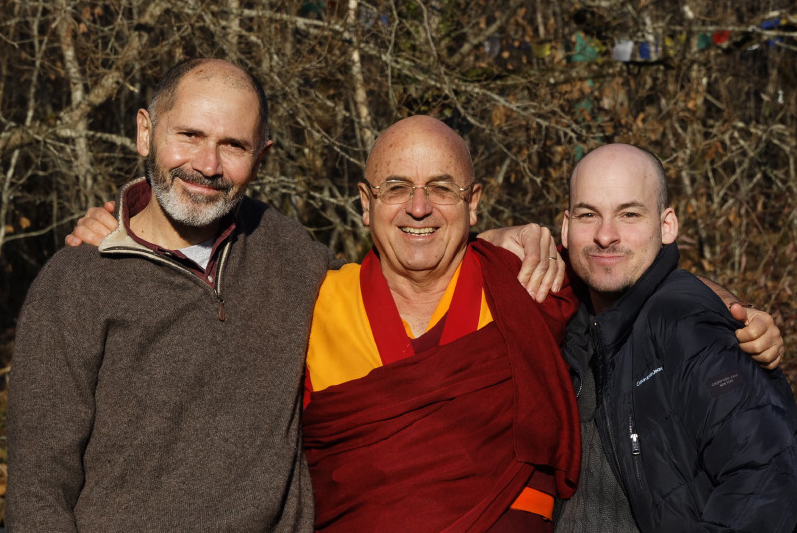
Matthieu Ricard is a Buddhist monk, a photographer, and a molecular geneticist who has served as an interpreter for the Dalai Lama.
Christophe André is a psychiatrist and one of the primary French specialists in the psychology of emotions and feelings.
Alexandre Jollien is a philosopher and a writer whose work has been attracting an ever-growing readership. Together, they are the authors of In Search of Wisdom and Freedom For All of Us.
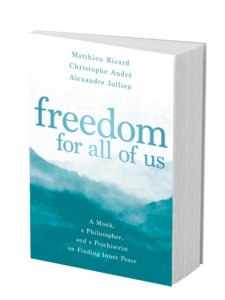
Learn More
Sounds True | Amazon | Barnes & Noble | Bookshop | IndieBound
Customer Favorites
Sounds True Radio
Come on by and take a listen to Sounds True Radio! – http://www.soundstrue.com/radio/
Our free, 24-hour-a-day, streaming radio station offers music for yoga, meditation, relaxation, and inspiration; audio teachings from bestselling and highly respected authors; and insightful and provocative interviews with spiritual teachers and authors on the cutting edge. We also have a new channel which provides selections from many of our new releases. Sounds True Radio is an easy (and free!) way to connect with our authors and to immerse yourself in heart-opening and life-changing wisdom. Through the station, you can also access our our acclaimed Insights at the Edge podcast.
Whether you’re interested in mindfulness, personal growth, emotional healing, awakening and the spiritual journey, creativity, meditation, mantra, sacred chant, brainwave and other healing music, kirtan, or world music of all kinds, you’ll be sure to find something to inspire and open you to the preciousness of the journey that we share together. We look forward to connecting with you at Sounds True Radio soon!
The End of All-or-Nothing, Emergency Self-Care
What message are you giving to yourself when you wait until you’re in crisis before you begin caring for yourself? I used to be deeply entrenched in this pattern. I’d care for myself just enough so that I could be productive again and then get back to work until my next care emergency. I’d crash from striving and producing without a thought to my needs and then stop just long enough to treat myself just kindly enough to nurse myself back to health so that I could resume my breakneck speed.
Those days were exhilarating because even in my burnout I felt so purposeful, high on how good I was at pushing my needs aside to tackle whatever needed tackling. Exceptionally good in a crisis, I felt born for running myself into the ground and then picking up the pieces just enough to get back to work. Even as this pattern started to break down for me, I could feel my ego attachment to it. I was good at getting things done. I was good at helping others. I was good at putting everyone else’s needs ahead of my own. I was good. I was good. I was good.
The tricky thing about this pattern is that needs will get met one way or another. They don’t just vanish or disappear when you ignore them. They become rowdier and rowdier, nipping at your heels as you try to outrun them. Your body is infinitely wise and makes more noise as your ache for care compounds itself. When you ignore your needs long enough, you will be forced to prioritize yourself by circumstance, illness, or burnout, bringing you abruptly to the crisis point of having to slow down.
But even in the face of that, attending to the need for sustenance can sometimes still feel impossible if you are exhausted from a lifetime of holding it all together. While the need for sustenance might seem to come before rest, [in my book Needy] I ordered these chapters deliberately [“Rest” coming before “Sustenance”] because having the energy to start asking big questions about what you need requires energy too. You’re crumbling beneath the weight of your conditioned expectations for yourself and others, and you judge yourself for not being about to do it all without a thought for the energetic capacity necessary to prioritize joy, pleasure, or satiety.
You might think, Well if it’s right, it should feel good or it should be easy. But tending to your needs can be almost boring, and having the capacity to investigate the larger picture of what you are hungry for requires energy. It requires stamina and self-awareness to develop a healthy relationship with yourself after being in a dysfunctional relationship—one that’s chaotic, intense, familiar, thrilling, and compelling even when you know there is no way it will all work out in the long run. After a dramatic relationship like that, a relationship in which you are respectful of each other, loyal, trustworthy, and committed to each other can feel boring—but that kind of steadfast love heals and rebuilds a steady foundation of trust. The same is true for your relationship with yourself.
Self-love so often isn’t a flash-in-the-pan,
Instagram-worthy, wait-until-the-moment
is-perfect-and-the-stars-align kind of love.
It’s about showing up for yourself each and every day and doing what needs to be done. Maybe that’s resting. Maybe that’s calling your lawyer. Maybe that’s dealing with the window that is leaking and the moldy floorboards. Taking care of yourself is showing up for your relationship with yourself each day, asking what needs to be done and doing that to the best of your abilities.
It can be mundane, but as you begin making these shifts for your own sustenance, you might find yourself softening into a rhythm and routine of caring for yourself this way.
There is a deliciousness in knowing you will be there when you need yourself. There is a sense of safety in the self-trust you build each time you choose not to abandon yourself. This work can be messy but also joyful, silly, sexy, creative, and playful. You might find yourself enjoying the celebration of infusing pleasure and sovereignty where there was none before.
And with time, you might realize that the purpose of your life is not to be good, productive, or approved by others. The purpose of your life is for YOU to live it. For you to take up space in your own thoughts and actions. For you to tend to your needs, devoting yourself to your own wholeness each and every day. For you to contribute to the world in the way that only you can. For you to love and be loved. For you to play. For your utter enjoyment and wholehearted pleasure. The purpose of your life is not to be nice and polite. It is for living—messily, humanly, in whatever way you feel is good and right for you.
Excerpted from Needy: How to Advocate for Your Needs and Claim Your Sovereignty by Mara Glatzel.
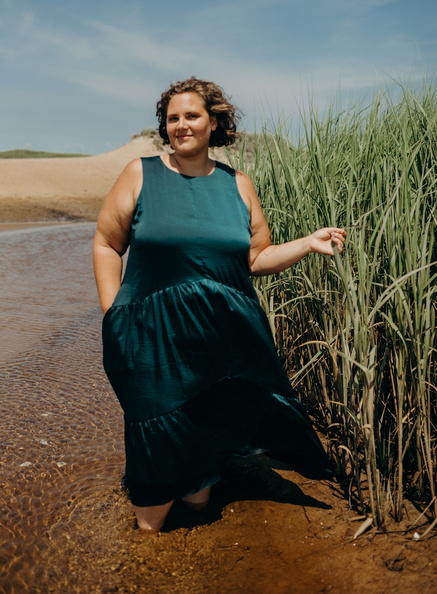
Mara Glatzel, MSW, (she/her) is an intuitive coach, writer, and podcast host. She is a needy human who helps other needy humans stop abandoning themselves and start reclaiming their humanity through embracing their needs and honoring their natural energy cycles. Her superpower is saying what you need to hear when you need to hear it, and she is here to help you believe in yourself as much as she believes in you. Find out more at maraglatzel.com.
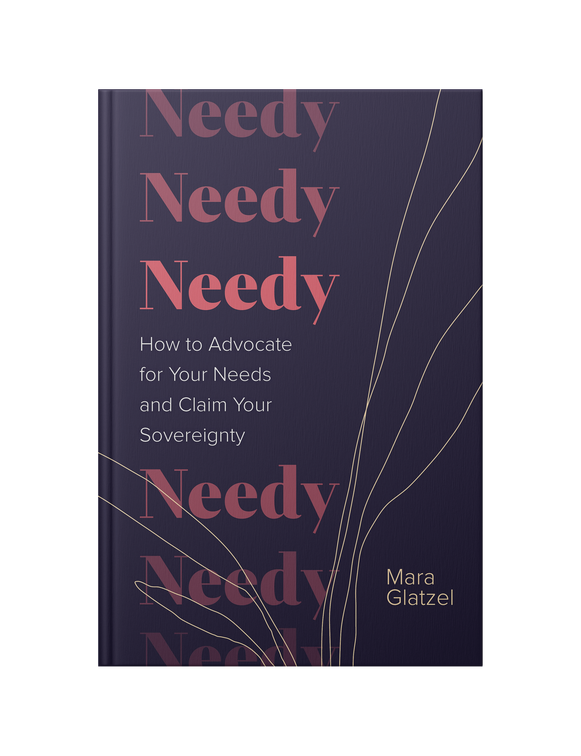
Learn More
Amazon | Barnes & Noble | Bookshop | Sounds True
Caroline Myss: Prayer and the Reality of Evil
Tami Simon speaks with Caroline Myss, a leading voice in the fields of energy medicine and human consciousness. Caroline is the author of four New York Times bestsellers, including Anatomy of the Spirit and Sacred Contracts. Her latest audio release from Sounds True is The Power of Prayer: Guidance, Prayers, and Wisdom for Listening to the Divine, which is a training course on what Caroline calls “the ultimate tool we have for sparking our spiritual evolution.” In this episode, Tami speaks with Caroline about faith and divine intervention, who or what hears our prayers, how to work with prayer in the face of illness, and why prayer is a force that counteracts evil in the world. (51 minutes)

